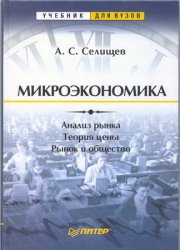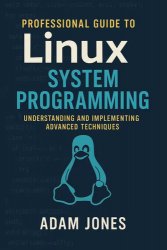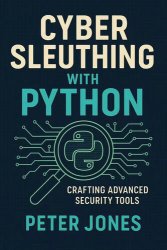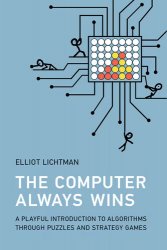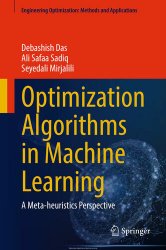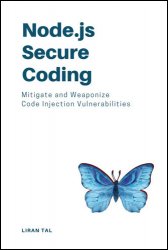 Название
Название: Continual and Reinforcement Learning for Edge AI: Framework, Foundation, and Algorithm Design
Автор: Hang Wang, Sen Lin, Junshan Zhang
Издательство: Springer
Серия: Synthesis Lectures on Learning, Networks, and Algorithms
Год: 2025
Страниц: 269
Язык: английский
Формат: pdf
Размер: 10.5 MB
This book provides a comprehensive introduction to continual and reinforcement learning for Edge AI, which investigates how to build an AI agent that can continuously solve new learning tasks and enhance the AI at resource-limited edge devices. The authors introduce readers to practical frameworks and in-depth algorithmic foundations. The book surveys the recent advances in the area, coming from both academic researchers and industry professionals. The authors also present their own research findings on continual and Reinforcement Learning for Edge AI. The book also covers the practical applications of the topic and identifies exciting future research opportunities. One of the key driving forces behind AI is the development of Deep Learning and deep neural networks (DNNs) since 2010s, which have achieved astonishing successes in solving ML problems and demonstrated great superiority over classical ML approaches, e.g., decision tree and Baysian networks. Notably, consisting of a series of layers, artificial neural networks (ANNs) can extract the underlying features from data in a hierarchical manner and provide a universal function approximator for ML problems.
 Название: Эстония: Кровавый след нацизма (1941-1944)
Название: Эстония: Кровавый след нацизма (1941-1944)
